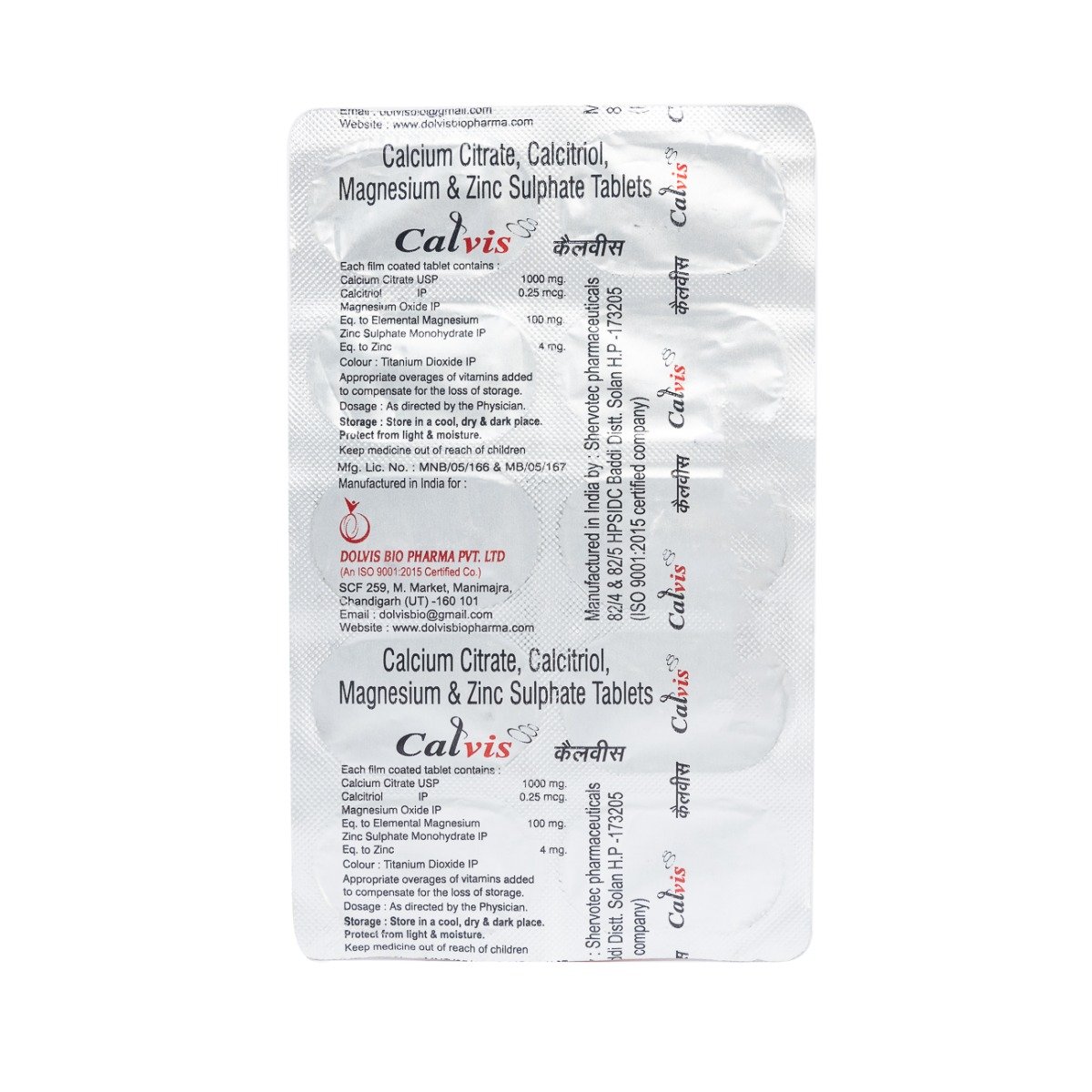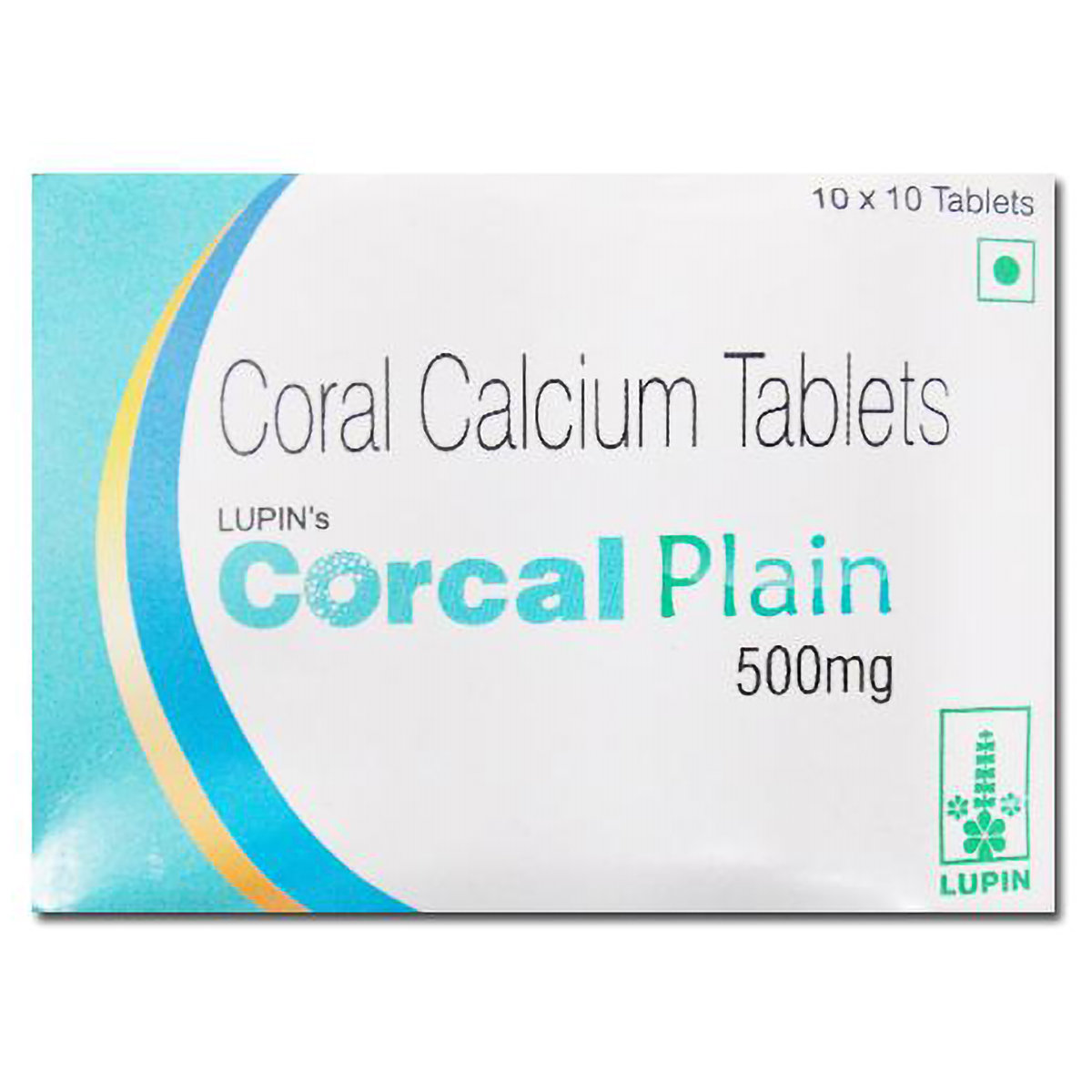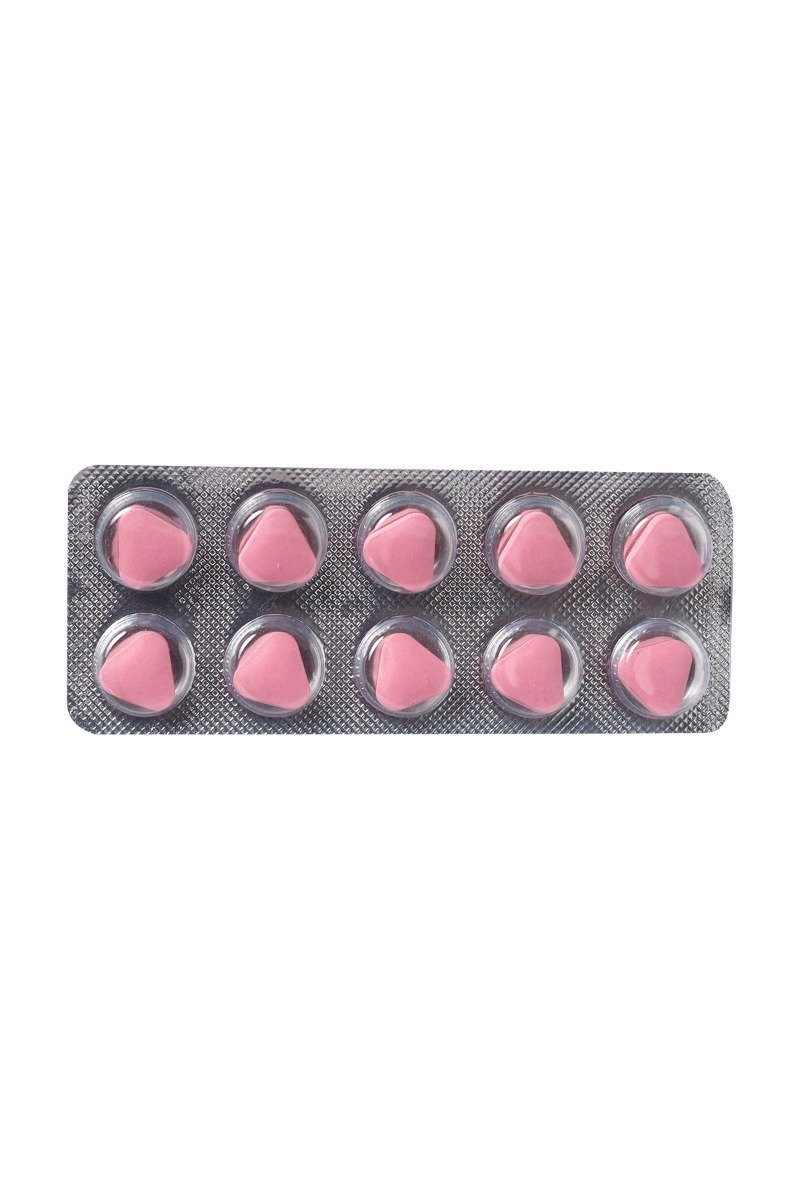Polycarbophil Calcium
About Polycarbophil Calcium
Polycarbophil Calcium belongs to the class of laxatives. It is used in the treatment of constipation. Constipation is an infrequent bowel movement in which the stools are often dry, painful, and hard to pass.
Polycarbophil Calcium contains Polycarbophil Calcium, which belongs to the class of laxatives. It works by boosting the amount of water the stool absorbs in the gut, making the stool softer.
Polycarbophil Calcium may cause certain side effects such as nausea, stomach cramps, diarrhoea, and rectal bleeding. Most of these side effects of Polycarbophil Calcium do not require medical attention and gradually resolve over time. Do not take this medicine if you have difficulty swallowing.
Polycarbophil Calcium should be avoided if you observe any allergic reactions during the treatment, had any previous history of allergic reactions, or are currently taking mineral oil. Inform your doctor about your complete health condition and medications before taking Polycarbophil Calcium to rule out any side effects. Consult your doctor before taking Polycarbophil Calcium if you are pregnant or breastfeeding. Before using, consult a physician if you experience nausea, vomiting, or a sudden change in your bowel habits that lasts longer than two weeks.
Uses of Polycarbophil Calcium
Medicinal Benefits
Polycarbophil Calcium is a stool softener that belongs to the class of laxatives. It helps to soften the stool by boosting the amount of water the stool absorbs in the gut, making the stool softer and easier to pass. In this way, Polycarbophil Calcium provides relief from the hard and painful passage of stools.
Directions for Use
- Take Polycarbophil Calcium with or without food or as advised by a doctor.
- Follow your doctor’s instructions on the dosage and timing of this medication, to ensure the safety.
- Swallow the medicine as a whole with a glass of water.
- Do not crush, break, or chew it.
Storage
Side Effects of Polycarbophil Calcium
- Nausea
- Vomiting
- Stomach cramp
- Diarrhoea
- Rectal bleeding
Drug Warnings
Polycarbophil Calcium should be avoided if you observe any allergic reactions during the treatment, had any previous history of allergic reactions, or are currently taking mineral oil. Do not exceed the dose and duration recommended by your doctor. Inform your doctor about your health condition and medications before taking Polycarbophil Calcium to rule out any side effects. Do not take Polycarbophil Calcium for longer durations than recommended. If your condition does not improve even after taking Polycarbophil Calcium for 2-4 weeks, please consult your doctor. Stop taking it and inform your doctor if you have stomach pain, rectal bleeding, nausea, or vomiting. This medicine may cause choking. Hence, swallow it with a sufficient amount of water. Polycarbophil Calcium is not recommended for use in children below 12 years of age unless advised by the doctor. Consult your doctor before taking Polycarbophil Calcium if you are pregnant or breastfeeding.
Drug Interactions
Drug-Drug Interactions: No interactions found.
Drug-Food Interactions: No interactions found.
Drug-Disease Interactions: Inform your doctor if you have any liver or kidney disease or rectal bleeding, before taking Polycarbophil Calcium.
Drug-Drug Interactions Checker List:
Safety Advice

Alcohol
consult your doctorPolycarbophil Calcium does not interact with alcohol. However, please consult your doctor for more information.

Pregnancy
consult your doctorIf you are pregnant or planning pregnancy, consult a doctor before taking Polycarbophil Calcium.

Breast Feeding
consult your doctorIf you are breastfeeding, consult a doctor before taking Polycarbophil Calcium.

Driving
safePolycarbophil Calcium does not affect your ability to drive.

Liver
consult your doctorConsult your doctor if you have a pre-existing or a history of liver disease before taking Polycarbophil Calcium. Your doctor will recommend it only if the benefits outweigh the risks.

Kidney
consult your doctorConsult your doctor if you have a pre-existing or a history of kidney disease before taking Polycarbophil Calcium. Your doctor will recommend it only if the benefits outweigh the risks.

Children
consult your doctorPlease consult a doctor foe using Polycarbophil Calcium in children under 12 years.
Habit Forming
Diet & Lifestyle Advise
- Eat a healthy and balanced diet, and make sure you sleep at least 8 hours a day for a speedy recovery.
- Try to include heart-healthy omega-3 fatty acid-containing food drinks in your daily diet. You can also use low-fat cooking oil like olive oil, soybean oil, canola oil, and coconut oil.
- Try to fill half your food plate with fruits and veggies. Bananas and yoghurt taken with Polycarbophil Calcium may help protect your gut lining.
- Prefer more whole foods and grains instead of processed ones. Limiting starch may also help decrease inflammation.
- Avoid intake of processed foods, foods high in sugar and fat, as these may cause inflammation.
- Try to avoid alcohol as it can affect your stomach and intestine and limit the absorption of the important nutrients required by your body.
Patients Concern
Disease/Condition Glossary
Constipation: It occurs when a person has uncomfortable bowel movements or passage of less than three bowel movements a week or has tough bowel movements. Symptoms may include bloating, difficulty passing stools, feeling of the blocked rectum, and pain while passing stools.
FAQs
Polycarbophil Calcium is used to treat Constipation.
Polycarbophil Calcium works by boosting the amount of water the stool absorbs in the gut, producing the stool softer and easier to pass
If you miss a dose of Polycarbophil Calcium, take the missed dose as soon as you remember it. However, if it's almost time for the next dose, skip the previous dose, but do not double the dose to make up for a missed one.
Polycarbophil Calcium is usually safe when taken in the dosage suggested by your doctor. Be sure to inform your healthcare provider about any existing health conditions or other medications you are taking before using Polycarbophil Calcium to ensure its safe use. If you have any concerns, please consult your doctor for guidance.
Polycarbophil Calcium may cause common side effects such as nausea, stomach cramps, diarrhoea, and rectal bleeding in some people. Most of these side effects of Polycarbophil Calcium do not require medical attention and gradually resolve over time. However, if these side effects persist or worsen, please consult your doctor.







